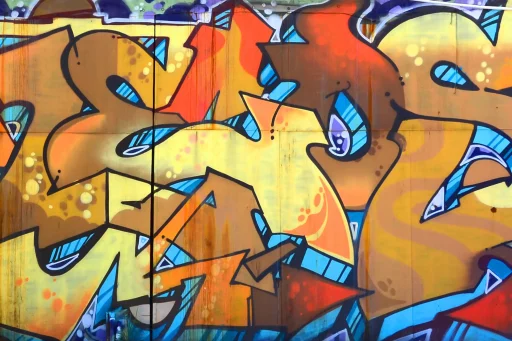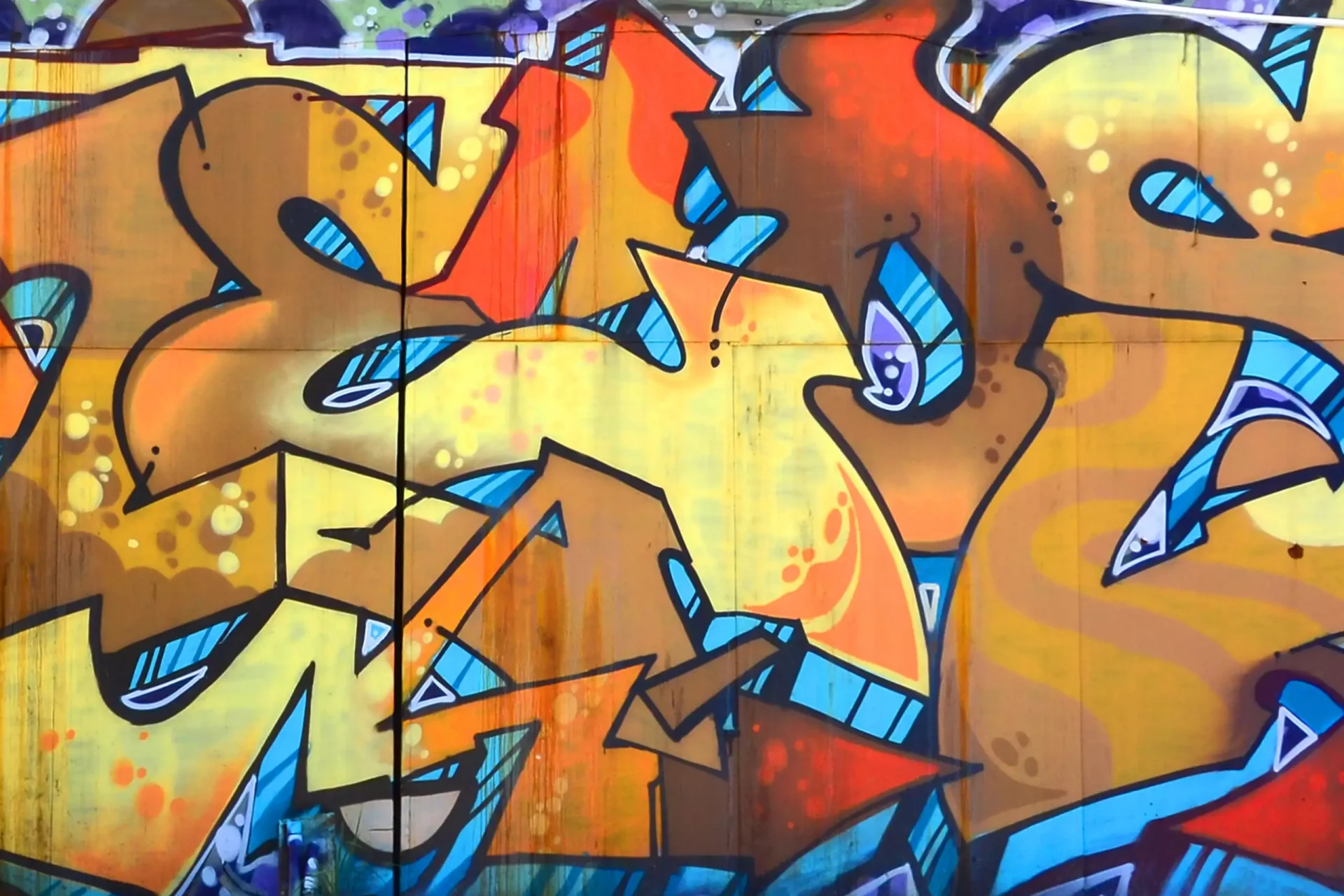Introduction to Slang Terms
Language evolves constantly, and slang terms are a significant part of that evolution. One of the most prominent slang words that has emerged in recent years is “boomer.” Initially a demographic term referring to the Baby Boomer generation (those born between 1946 and 1964), it has transformed into slang representing a broader cultural critique. This article explores the origin, definitions, and cultural implications of the term “boomer” as slang.
The Origin of “Boomer” as a Slang Term
While “boomer” started as a demographic label, its entry into slang represents a clash between generations, primarily between Millennials, Gen Z, and Baby Boomers. The term gained traction around 2015, coinciding with the rise of social media platforms like Twitter and TikTok, where younger generations had the platform to voice their frustrations and observations.
Defining “Boomer” in Slang
As slang, “boomer” is often used to refer to older individuals—specifically those of the Baby Boomer generation—who seem out of touch with contemporary values and technologies. It can be used playfully or pejoratively, depending on the context.
- **Pejorative Usage**: In a negative light, calling someone a “boomer” can imply that they are resistant to change or have outdated views.
- **Playful Usage**: On a lighter note, it can be used humorously among friends when referring to someone’s inability to understand a particular trend.
Examples of the Usage of “Boomer” in Pop Culture
The term has infiltrated various aspects of pop culture, often at the intersection of social commentary and humor. Here are a few examples:
- Memes: Memes featuring the phrase “OK Boomer” became viral, especially on platforms like TikTok and Instagram. They often showcase a conversation where a younger individual dismisses older opinions.
- Social Media:**: Tweets and posts frequently use “boomer” in contexts highlighting generational gaps in understanding, often leading to humorous or insightful commentary.
- Comedy Specials: Stand-up comedians and sketch shows have highlighted generational friction, using the term “boomer” as a punchline to showcase the differences between ages.
Case Study: The Viral “OK Boomer” Phenomenon
A pivotal moment in the emergence of “boomer” as slang was the viral phrase “OK Boomer.” In 2019, a TikTok user posted a video in which they responded dismissively to a Baby Boomer’s critique, encapsulating the attitudes of younger generations toward the older generation’s opinions.
This short response resonated widely, sparking countless memes, videos, and discussions across social media. In a survey conducted by Pew Research Center, it was found that approximately 62% of Millennials and Gen Z respondents felt that older generations often do not understand their challenges.
Statistics Highlighting Generational Differences
To further understand the cultural rift, consider the following statistics:
- In 2020, 73% of Millennials reported feeling unheard by Baby Boomers when discussing workplace policies.
- According to a survey by Statista, 68% of Gen Z feel that Baby Boomers have a limited understanding of technology.
- A study by the Mercer Consulting Group indicates that younger employees perceive Baby Boomers as valuing job stability over innovation.
The Impact of Language on Generational Relations
The way that language is used to describe age groups can either bridge or widen the generational gap. Terms like “boomer” can carry weight that influences perceptions and relationships. Understanding that language is a tool for expression may help foster better communication between generations.
Moreover, with increasing dialogues about diversity and inclusion, making an effort to listen to the opinions and experiences of older generations can pave the way for collaborative solutions. This can be as simple as recognizing a “boomer” not merely as a dismissive term but appreciating their life experience while also asserting the validity of younger perspectives.
Conclusion
The term “boomer” as slang serves as a fascinating case study in the evolution of language and the complexities of generational relations. It provides insight into the frustrations faced by younger generations in a rapidly changing world while offering a point of reflection for all age brackets on the importance of communication across divides. So, the next time you hear “OK Boomer,” consider the broader narrative it represents.






